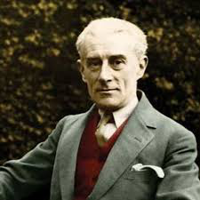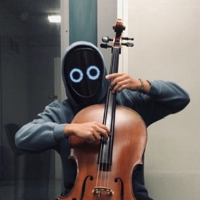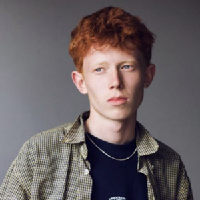Maurice Ravel MBTI Personality Type
Personality
What personality type is Maurice Ravel? Maurice Ravel is an INTP personality type in MBTI, 4w5 - sx/sp - 459 in Enneagram, RLOAI in Big 5, IEI in Socionics.
I'm going to state my bias upfront: He is my favourite composer, but I'm certain he is INTP having just finished his biography. I'll make my case. Ti Dom// -"[Ravel attacked his problems] with complete detachment and impersonality." - "Ravel had a strangely detached nature. His attitude towards his own music was as impersonal as if it had been the work of another. He could seldom be persuaded to listen to his own compositions. " -"When he innovated, and certainly as harmonist he did this frequently, it was in drawing unexpected but logical consequences from old principles. In reality all that he did was to go farther along the path which his predecessors had blazed" -"In literature as well as in music he was always more interested in how things were constructed than in the finished product. He preferred depth to breadth, and small details to large horizons." Ti>Fi// - "Debussy's music is so highly individual a creation that it became limited by this very personal element; eventually he carried his art to the furthest limits, and exhausted its possibilities. Ravel on the other hand, escaped this limitation because he never held to anyone style : he experimented continuously with new forms, and his music is impersonal and detached." - "As a whole, his life was colorless, almost devoid of so-called "human interest" ; no violent emotions or overwhelming passions clouded the clear mirror which reflected his art. " Ti > Te// "Ravel's objection to tradition arose not from the fact that he was by nature a rebel (on the contrary he had an unusually precise and order-loving character), but from his belief that the old school placed too much emphasis on cut-and-dried rules on the "letter" rather than the "spirit" of form" Ne/Si// - "He was always, in a sense, trying to escape from reality; he looked at life rather than took part in it, and preferred to create his own world a subnatural place peopled with fairies and mechanical marvels, where the rude winds of violent emotion never blew". -"The title is a revelation of one of Ravel's guiding principles: to him the greatest art was a reflection of reality rather than an exact duplication of the original. He believed that Man's interpretation of Nature has more value than the thing per se. ... He was more interested in his emotions themselves, expressed through his music, than in the scenes that inspired those emotions." Inf Fe// -"He was shy and reserved in character, and those who knew him only slightly considered him cold and aloof from human emotions. But his intimate friends were few in number) realized that beneath his outward indifference lay a warm heart and a deep capacity for , feeling" -"Ravel did not often "lay bare his heart," but those rare passages which do reveal his inner tenderness have given his music a quality of unexpected enchantment." - "To some people Ravel's music seems a soulless, brittle thing delightful, but without depth, and at times touched with malice ("pince sans rire" [Dry/unemotional humour] some have called him)." - "He has even been accused of superficiality, but if this be true then it is the superficiality of one who scorns to show his feelings to the world whose emotions are too intense for probing." - "Ravel disliked the personal publicity that his concerts brought and always tried to elude the enthusiastic hero-worshippers who besieged him wherever he appeared." -""Secrets of the heart, Ravel felt, are not for the public; emotions must be regulated by intelligence, and any exhibition of them is undignified."
Biography
Joseph Maurice Ravel (7 March 1875 – 28 December 1937) was a French composer, pianist and conductor. He is often associated with impressionism along with his elder contemporary Claude Debussy, although both composers rejected the term. In the 1920s and 1930s Ravel was internationally regarded as France's greatest living composer.
Related Personalities
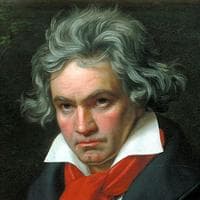
Ludwig van Beethoven
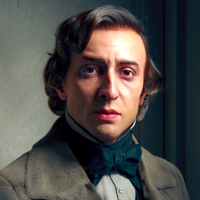
Fryderyk Chopin
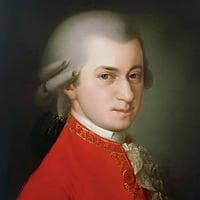
Wolfgang Amadeus Mozart
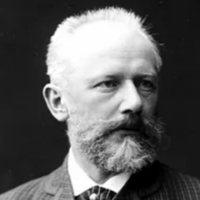
Pyotr Ilyich Tchaikovsky
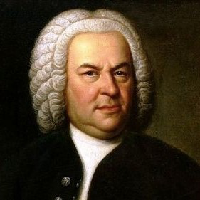
Johann Sebastian Bach
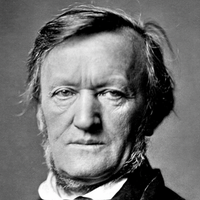
Richard Wagner
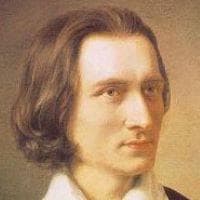
Franz Liszt
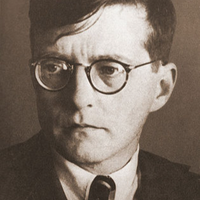
Dmitri Shostakovich
